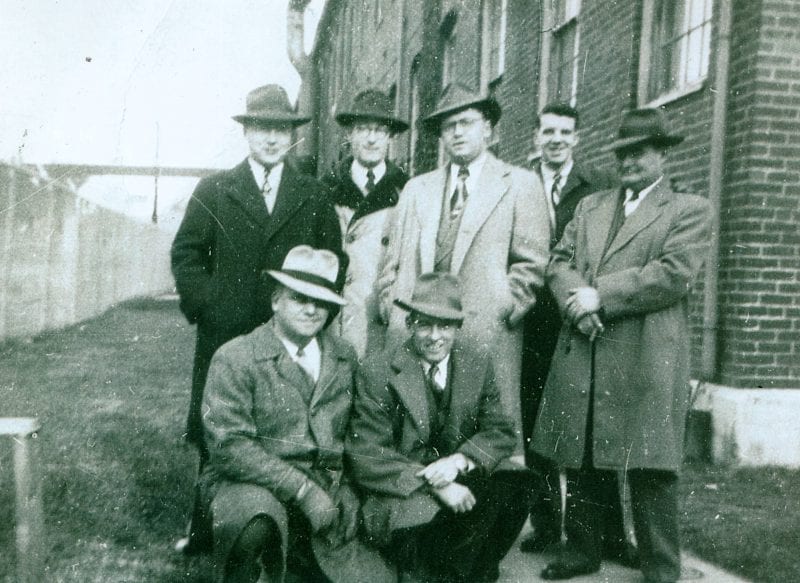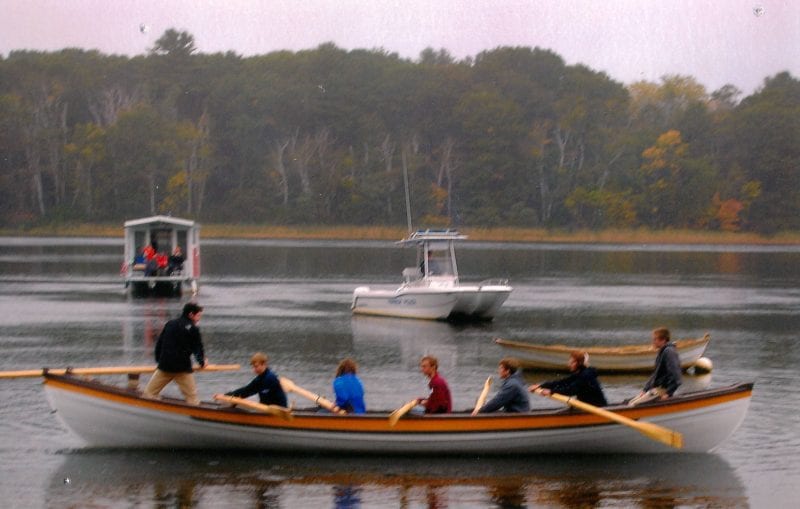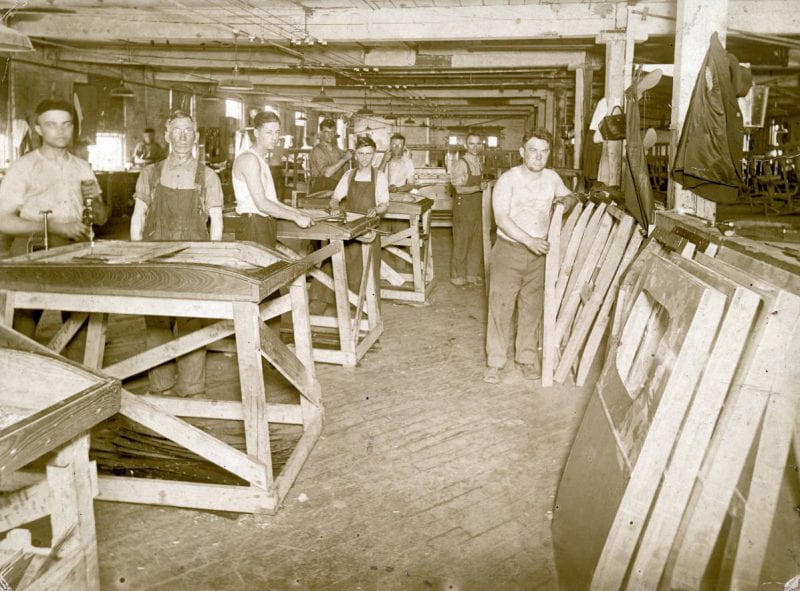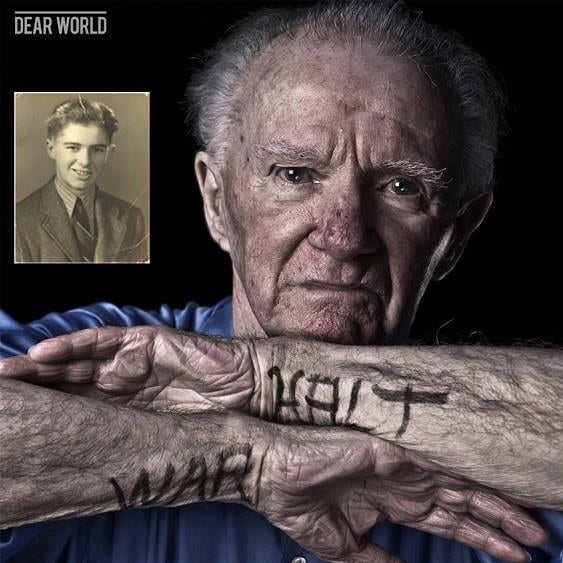The 42 videos collected at the “Show ‘Em Whatcha Got” Mass. Memories Road Show: The Hip-Hop Edition are available online now.
Held at the Boston Public Library in May, the event was a collaboration between UMass Boston’s Healey Library and the Boston Public Library. It was part of a larger project called “Local Rappers, DJs, B-Boys, and Graff: Documenting the Massachusetts Hip-Hop Community from the 1970s to the present” and was supported by a Common Heritage grant from the National Endowment for the Humanities: Exploring the Human Endeavor and the UMass President’s Creative Economy Initiatives Fund. Learn more about this project here.
Contributors shared memories of their roots in the Boston hip-hop scene and launching a wide range of careers as visual artists, dancers, musicians, and producers. Many artists described their experiences creating original music and choreography, touring local, national and international stages, and producing events. Local success stories include major performing and record contracts which brought widespread recognition to Boston hip-hop and inspired up-and-coming artists.
The videos in the collection also testify to the significant contributions of Boston hip-hop artists in the development of innovative MCing, DJing, engineering and production techniques and technologies. This pioneering work led to cutting-edge recordings and the founding of independent Boston-based hip-hop record labels, which gained global audiences and recognition. Contributors described the importance of historic albums and recent discs to the hip-hop legacy.
Additionally, the video collection documents contributors’ stories about launching a number of Boston-area radio programs such as Hip-Hope Nation and TV shows such as The Somerville Line, which shared local hip-hop music and culture with wider regional and national audiences.
A few of the videos in the collection further highlight contributors’ experiences launching projects and founding organizations to use music as a vehicle for social change. For example, the Loop Lab engages Boston youth-at-risk in training programs that address the opportunity gap, by teaching audio and video production skills. Other contributors have started peace-building initiatives to end violence through hip-hop and produced hip-hop performances that explore social justice and other current political issues. All of these initiatives illustrate how members of Boston’s hip-hop community have shaped a local music scene that communicates messages of hope for future generations.
Note to contributors: We need your help to finish processing this collection! If you see something incorrect or misspelled–names and spellings of individuals and performing groups, for example–we want to fix it. Please email carolyn.goldstein@umb.edu with the details and our team will make the corrections as soon as we can. Thank you!
Any views, findings, conclusions, or recommendations in this program do not necessarily express those of the National Endowment of the Humanities.
If you have questions about the Massachusetts Hip-Hop Archive, please contact an archivist at UMass Boston, connect with the project on Facebook, or click here to explore the collections and learn how you can contribute materials.
University Archives & Special Collections in the Joseph P. Healey Library at UMass Boston collects materials related to the university’s history, as well as materials that reflect the institution’s urban mission and strong support of community service, notably in collections of records of urban planning, social welfare, social action, alternative movements, community organizations, and local history related to neighboring communities.
University Archives & Special Collections welcomes inquiries from individuals, organizations, and businesses interested in donating materials of an archival nature that that fit within our collecting policy. These include manuscripts, documents, organizational archives, collections of photographs, unique publications, and audio and video media. For more information about donating to University Archives & Special Collections, click here or email library.archives@umb.edu.





